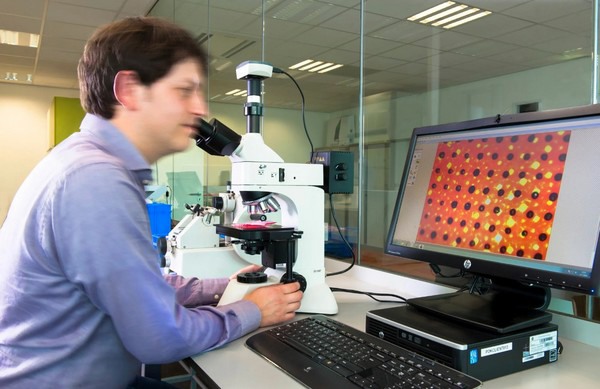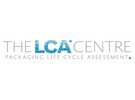The LCA Centre, a member of the International Association of Packaging Research Institutes (IAPRI), is involved in all aspects of packaging and the environment, including packaging life cycle assessment, packaging item reverse engineering and the monitoring of the forward regulatory trajectory of the European Union’s (EU) packaging related regulations with stakeholders in Brussels and Strasbourg.
These services provide insight, clarity and futureproofing for those involved in packaging innovation or those needing to make packaging choices. Packaging today has to be seen as a journey rather than a single static packaging choice that is then maintained for many years. With the exponentially increasing packaging regulatory and technological changes, packaging users should expect to change their packaging more frequently.

Life cycle assessment (LCA) is a scientific method by which the environmental impact of a process can be assessed. The LCA Centre has developed their own approach to LCA, this being the Forensic LCATM method. This method addresses comparative packaging environmental impact assessment in which one of the pack’s stakeholders is not available to provide process information. Hence forensic instrumentation is used to robustly gather information as input to the LCA study. The LCA Centre has a large range of forensic instrumentation to analyse the packaging product, notably Infrared, X-Ray, Laser, etc. spectroscopy.
LCA is the method by which carbon or water footprints can be assessed. If the LCA is peer reviewed then it can be used to support type III LCA based environmental claims to 3rd parties such as customers and consumers (ISO:14025). Given the recent EU Green Claims draft proposal, it is evident that LCA will provide an important role in green claims policing, product passports and a variety of environmental impact related requirements, including the eventual setting of import tariffs.
The LCA Centre currently supplies its services to government departments, universities, environmental NGO’s and commerce. Commercial clients are typically in the cosmetics, food and horticultural sectors, many are Fortune 500 companies such as Coca Cola, Kraft Heinz, Amazon, etc.
The LCA Centre was set up in discussion with Natuur & Milieu and The Royal Dutch Paardekooper Group roughly 10 years ago. It is a separate legal entity within The Royal Dutch Paardekooper Group. While The LCA Centre is active with the aforementioned 3rd party customers, it also provides services to Paardekooper Group companies. Permitting the Group to make packaging choices that are futureproofed and to make environmental claims that are credible and defendable.
This gives Paardekooper Group companies, their customers and our 3rd party clients an edge within the packaging sector. They also use our extensive laboratory to understand the material composition of the packaging they are purchasing, this has led to some fascinating insights and is certainly a major support in the formulation of purchase pricing.
The LCA Centre is active in making peer reviewed LCA studies for the packaging used by the global horticultural industry. We have carried out comparative pack studies and “reuse vs single use” studies for many primary and tertiary horticultural packaging items. This insight is very valuable in reducing the environmental impact of horticultural packaging and, additionally with the forward regulatory insight, can lead to robust and futureproofed packaging choices.
While The LCA Centre does not provide studies into the actual cut flowers and pot plants of this sector, other research shows that the impact of the packaging is considerably lower than for the products they contain. It is important that the sector works to reduce its environmental impact while at the same time addressing the impact of its packaging.
The LCA Centre is involved in a number of innovation projects as regards horticultural packaging, many of these innovations are derived from synergies with the other business sectors we work with, such as food packaging. It is also driven by knowing what the intended trajectory is of the EU regulations, addressing single-use packaging, plastic packaging issues and reuse packaging.
For more information: The LCA Centre
The LCA Centre
Zilverwerf 17
6641 TC Beuningen
The Netherlands
T: +31 88 22 22 410
www.thelcacentre.com
